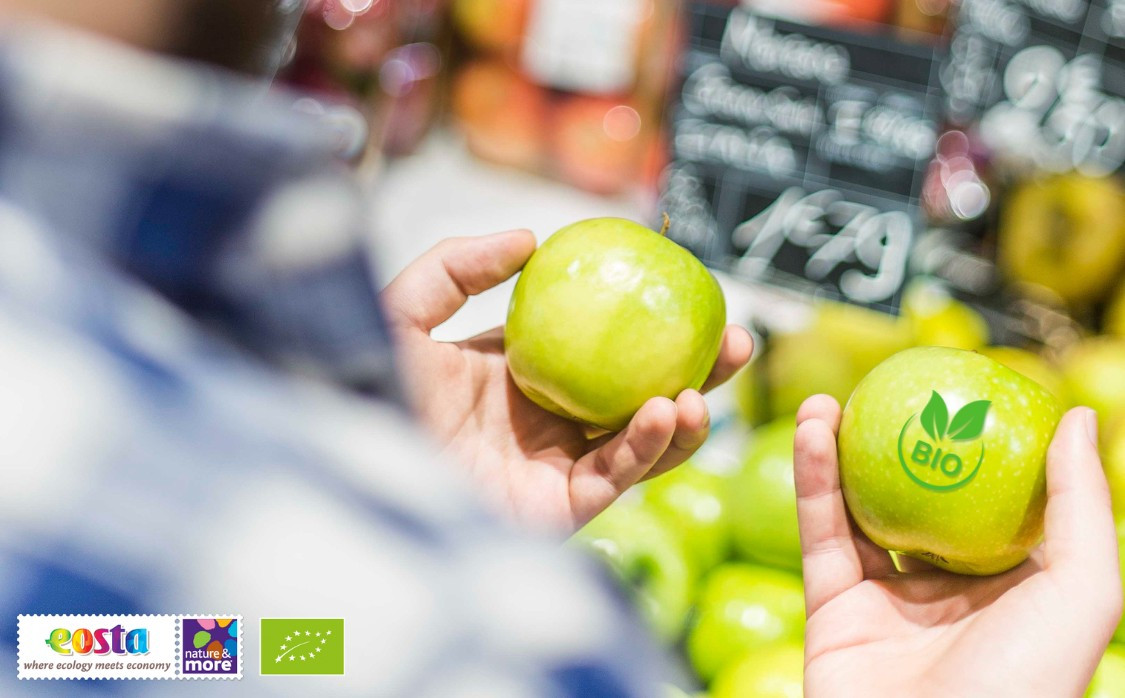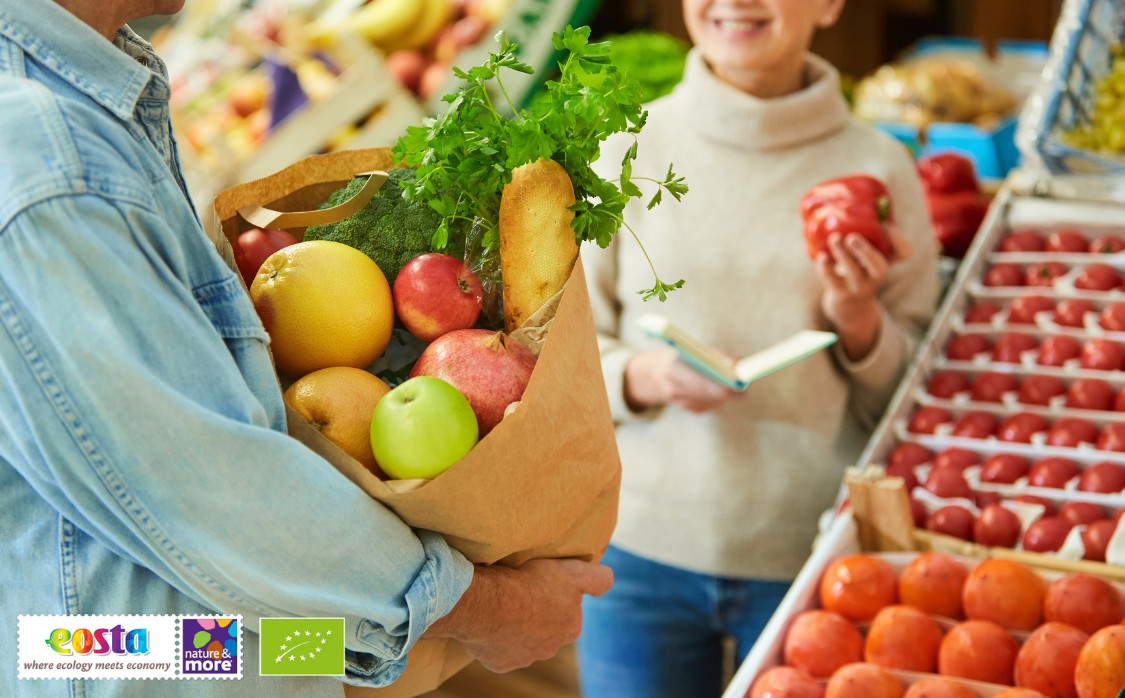Europe embraces organic: lessons from Denmark

How did Denmark achieve the highest organic market share in the world? By 2020, 12.8% of all food purchases in Denmark were organic - a world record. Thanks to a powerful combination of regulation, cooperation and education, the share of organic purchases grew from 2.5% in 1997 to this impressive figure. The approach was not limited to households: schools and institutions also switched over, leading to healthier eating habits across the country. The book Successful Public Policy in the Nordic Countries describes the Danish success case.
Inspired by the successes from Denmark, Austria and Bavaria, the Dutch Ministry of Agriculture, Nature and Food Quality (LNV) developed a the Action Plan for Organic Farming in 2022, which was updated in 2024. This plan aims to increase the organic share in agriculture and focuses on three pillars: boosting consumption and sales, supporting organic production, and investing in knowledge and innovation.
With a three-year campaign to get consumers on board, the Netherlands is betting on growing organic awareness. Retailers, based on advice from Questionmark, are setting ambitious targets for their organic ranges to further fuel demand.
Integrated approach
The LNV action plan envisages an integrated approach to promote the sale of organic fruit and vegetables, actively involving both retail and catering.
Questionmark stresses that for retailers, in addition to assortment targets, additional targeted measures are needed, such as supporting customers in making choices and joint lobbying efforts.
Opportunities in hospitality and food service
Since the hospitality industry still has only 1% organic sales, there are great growth opportunities here. Both catering and food service can contribute to increasing sales by working together and setting clear targets.
The future of organic in Europe
The positive examples from Denmark and Austria, among others, and the ambitious Dutch plans call for action among European retailers in other countries. The future of organic products in Europe is promising. By setting clear targets and working together with governments and other stakeholders, retailers and health food shops in Europe can stimulate the growth of organic consumption.


